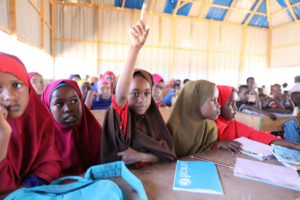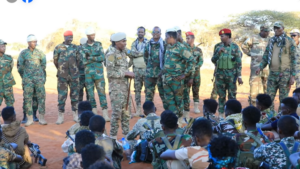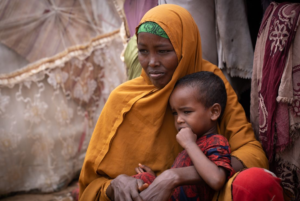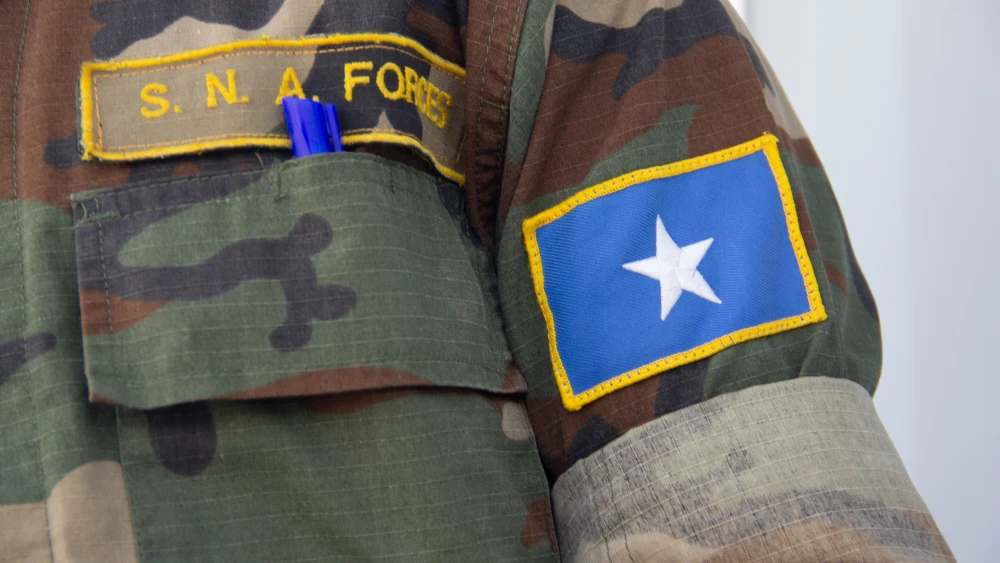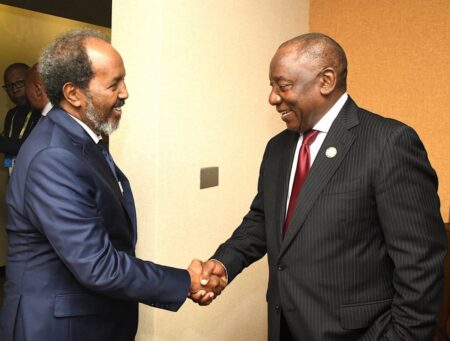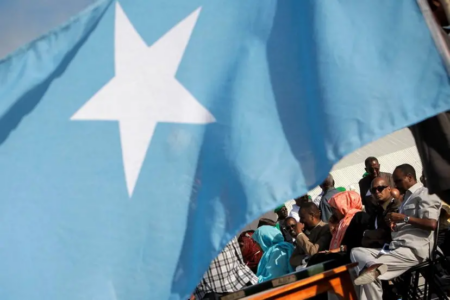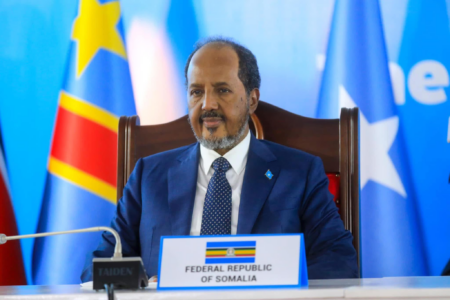For nearly two decades, Somalia has battled Al-Shabaab, a deadly Al-Qaeda affiliate that continues to destabilize the Horn of Africa.
The international community—including the United States, European Union, and African Union—has poured Foreign aid to Somalia in billions to counter this insurgency.
Annual Foreign Aid to Somalia
- United States: Invests approximately $100 million annually in training and equipping the Somali National Army (SNA), including its elite Danab Brigade.
- European Union: Provides logistical and financial support to the African Union Transition Mission in Somalia (ATMIS) and runs capacity-building initiatives. Since 2007, it has spent over $3 billion on Somalia.
- African Union: Supplies armored vehicles, helmets, and protective gear to Somali forces.
However, these figures exclude the additional costs of U.S. deployments, drone strikes, and over $20 billion in development aid funneled into Somalia.

Is Foreign Aid to Somalia Costly and Counterproductive Investment?
Despite this extensive support, experts and watchdogs warn that international aid is enabling corruption and undermining regional stability.
Somalia’s government, led by President Hassan Sheikh Mohamud, has been consistently ranked among the world’s most corrupt, according to Transparency International.
Observers argue that:
- Military resources are being redirected from the fight against Al-Shabaab.
- Political motives—such as Somalia’s July 2025 arms delivery to Laascanood—show increasing cynicism in foreign policy, threatening Taiwan-aligned Somaliland.
- Al-Shabaab continues to expand its territory, including in Hiraan Region, due to inadequate military resistance.
This raises concerns that foreign aid to Somalia is not diminishing terrorism—but rather subsidizing Mogadishu’s political ambitions and enabling extremist safe havens.
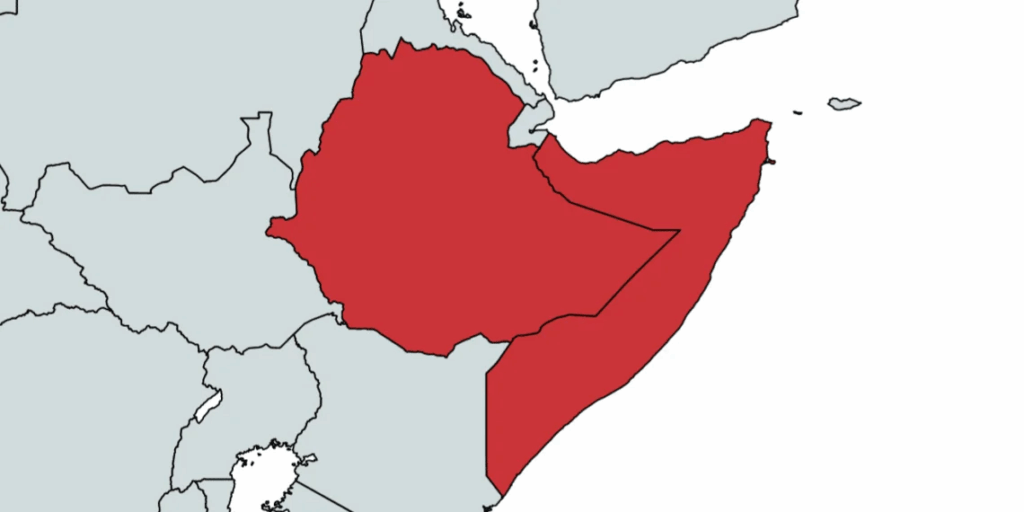
Wider Implications for Counterterrorism Aid
Somalia is not alone in exploiting international funding:
- Egypt receives billions to combat militants in the Sinai Peninsula, but its military success remains elusive.
- Pakistan continues to collect foreign aid while reportedly harboring the same terrorist elements it claims to oppose.
Such patterns indicate a troubling cycle, benefit from sustained foreign aid to Somalia without delivering real counterterrorism outcomes—because victory might mean an end to lucrative support.
Rethinking U.S. Strategy in Somalia
Policymakers such as Donald Trump and Marco Rubio have signaled a more pragmatic approach.
They argue for ending ineffective aid cycles and confronting Somalia’s leadership for its failure to curb corruption and terrorism.
Rather than replicate the policies of previous administrations, they advocate a reexamination of the U.S. role in Somalia—recognizing that Hassan Sheikh Mohamud’s governance may be just as dangerous to peace as Al-Shabaab itself.
